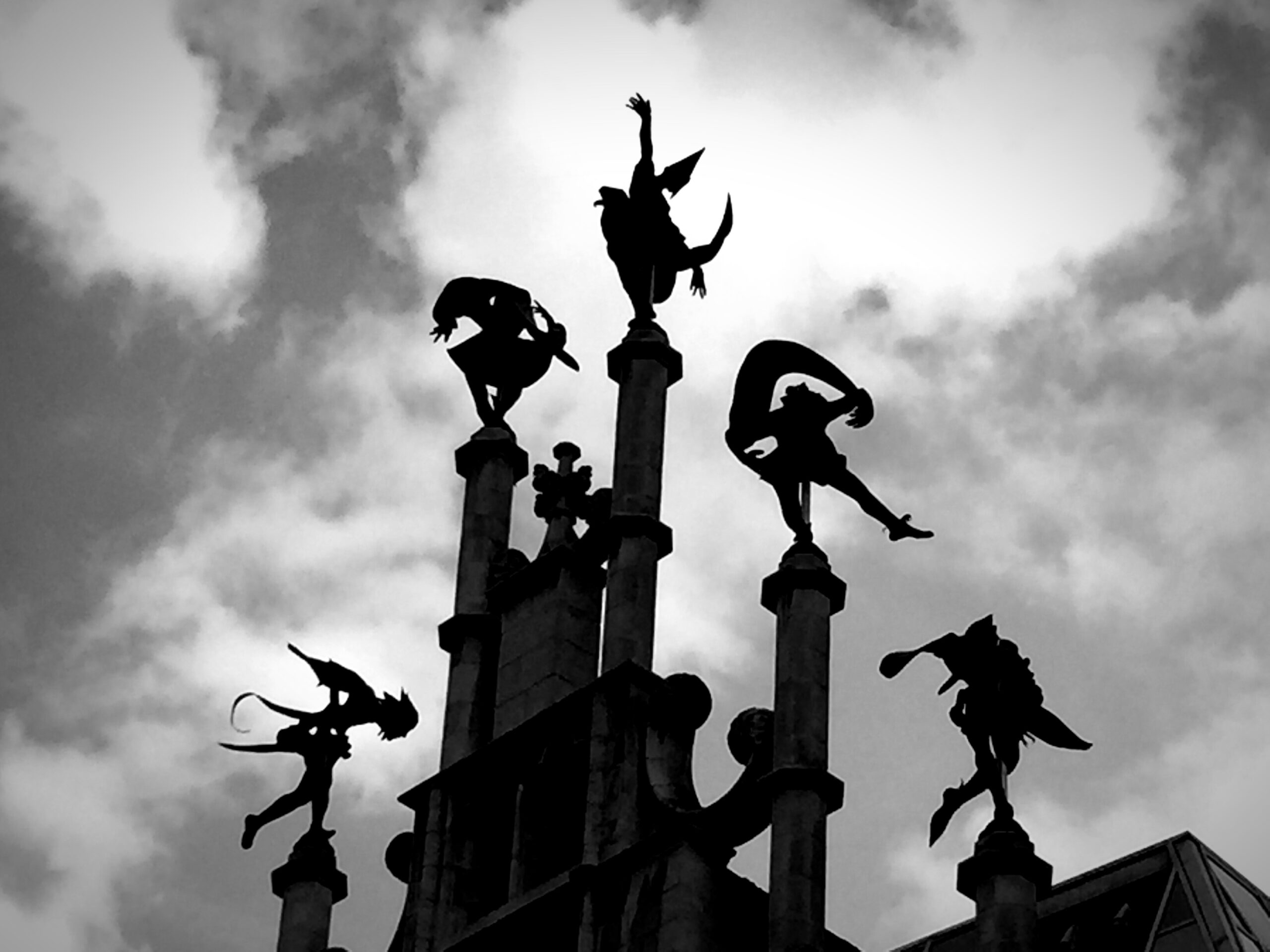
Katherine’s focal conflict
I suggest that her focal conflict resides at two related levels: (1) her damaged and now distorted self that relates to damaged interpersonal relationship, and (2) her mortal self that relates to her fear of death. The first of these related focal conflicts can be directly addressed through action she might take. The second of these focal conflicts is one that Katherine (like all of us) must live with throughout her life. Both of these focal conflicts reside in the unique human conditions. As social animals, we human beings are deeply dependent on relationships with other people. As transcendence-aware animals who can look down upon oneself as a mortal being, we are deeply concerned about our limited life in the infinite expanse of this universe. Given this general perspective on Katherine’s focal conflicts, I turn now to a somewhat more detailed reflection on each of these conflicts.
Damaged/distorted self: First, there is her self-image. This image exists in both the physical and psychological domain for K – as is the case for most of us. At the physical level, we know that Katherine had some damage to her nose when she was young—and we know from her self-reports and from her careful attention to makeup and dress that she is sensitive about her physical appearance. Apparently, it is not unusual for a person (either female or male) who is strikingly beautiful/handsome to have a quite different and often quite negative image of themselves.
They might have been too thin, too fat or quite awkward when young. While they might have “grown out” of this less-than-beautiful phase of their physical appearance, the old image will linger with them. But in other terms, many of us (if not all of us) are living with a self-image that is out-of-date. While sometimes this delayed self-image is too our superficial benefit (as we grow older and find a few wrinkles and other evidence of bodily decline), it can also yield damaged images of self – as might have been the case with Katherine.
There is an even deeper wound associated with self-image. This has to do with the vision of our self as a “good” person or a “bad” person. Several years ago, the noted researcher, Carol Gilligan, was studying the development of young women—especially as they reasoned about challenging ethical issues. Frustrated by the evidence she was getting, Carol Gilligan at one point apparently stopped an interview and asked her interviewee in an exasperated tone if what she was saying is “really” what she believes. At this point, her young female subject admitted that her response to this ethical dilemma was based on what young women (and perhaps all women) are supposed to say. Gilligan finds that most of the young women she was interviewing offered two quite different versions of themselves to the world.
There is the polite, thoughtful and caring self that they offer out in public. Then there is a second self that is something of a rogue. This self is perhaps a bit greedy, self-serving and even rude. While these two selves might be confined to the middle-class women that Gilligan was interviewing (and might not be found in young men), they might very well be found in the heart and soul of Katherine. At the very least, the not so nice Katherine might be on display when she is playing a competitive game of Bridge. This is the self that might block Katherine’s ability (or perhaps willingness) to establish caring authentic relationships with other people outside the card game. Is the Pelican representative of an ugly person who is unappealing and greedy (“her belly-can”).
The Mortal Self: There is another way in which to view the focal conflict that is displayed in Katherine’s Pelican dream. She might be addressing the fundamental existential challenge which all of us must eventually confront. We are mortal and are blessed or cursed with the ability to “transcend” our mortal self. We can look down upon our life only to discover that it is of limited duration. We will die at some point and must inevitably come to terms with what this limited life span means for us. Why do we live if we are going to die? Why does our life matter when we will eventually be dead and forgotten—the duration of our life is actually quite short (at most an instance) when considered in terms of the infinite age of the universe.




